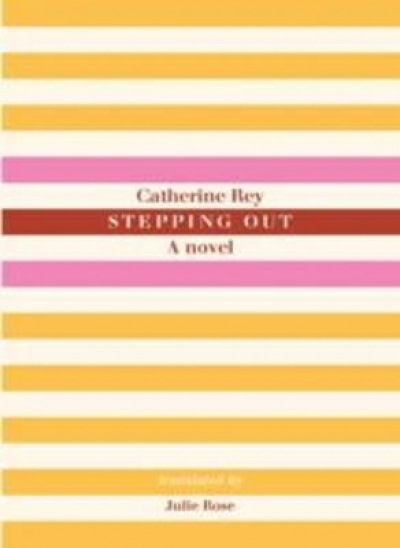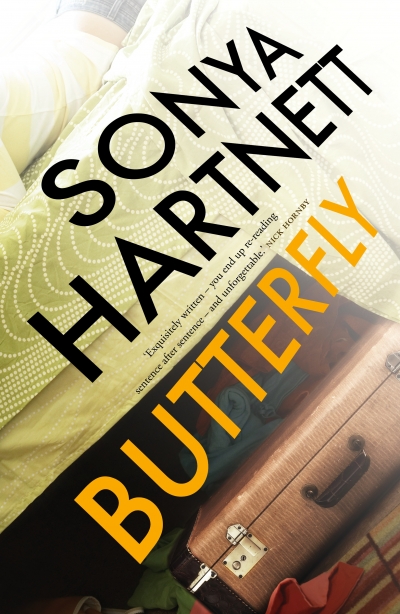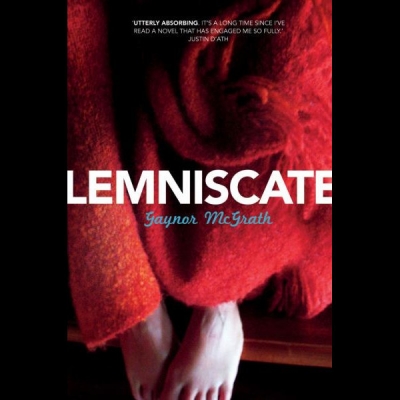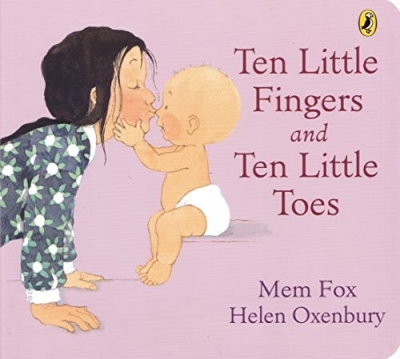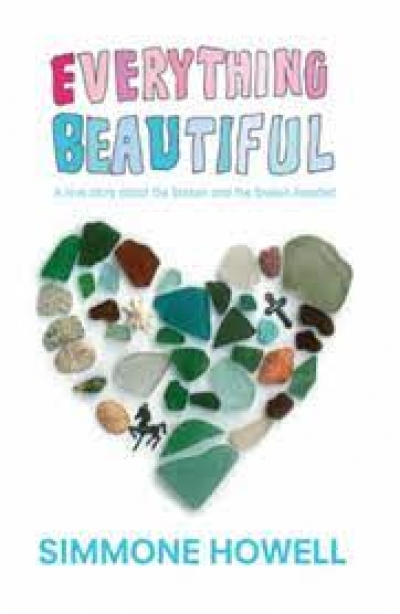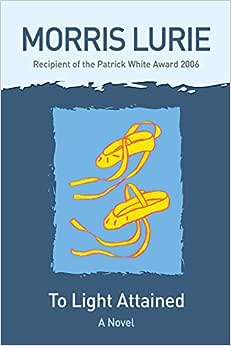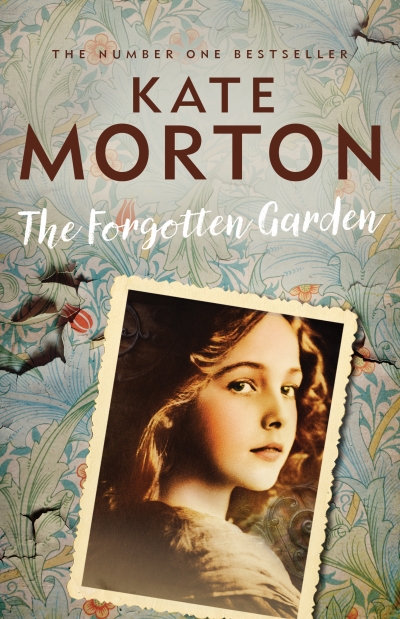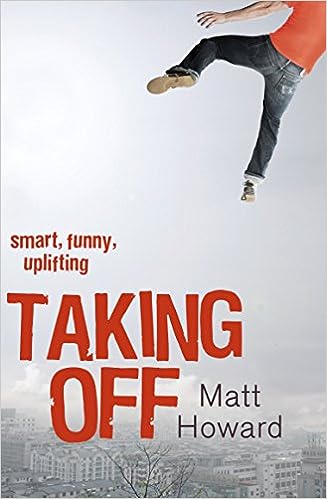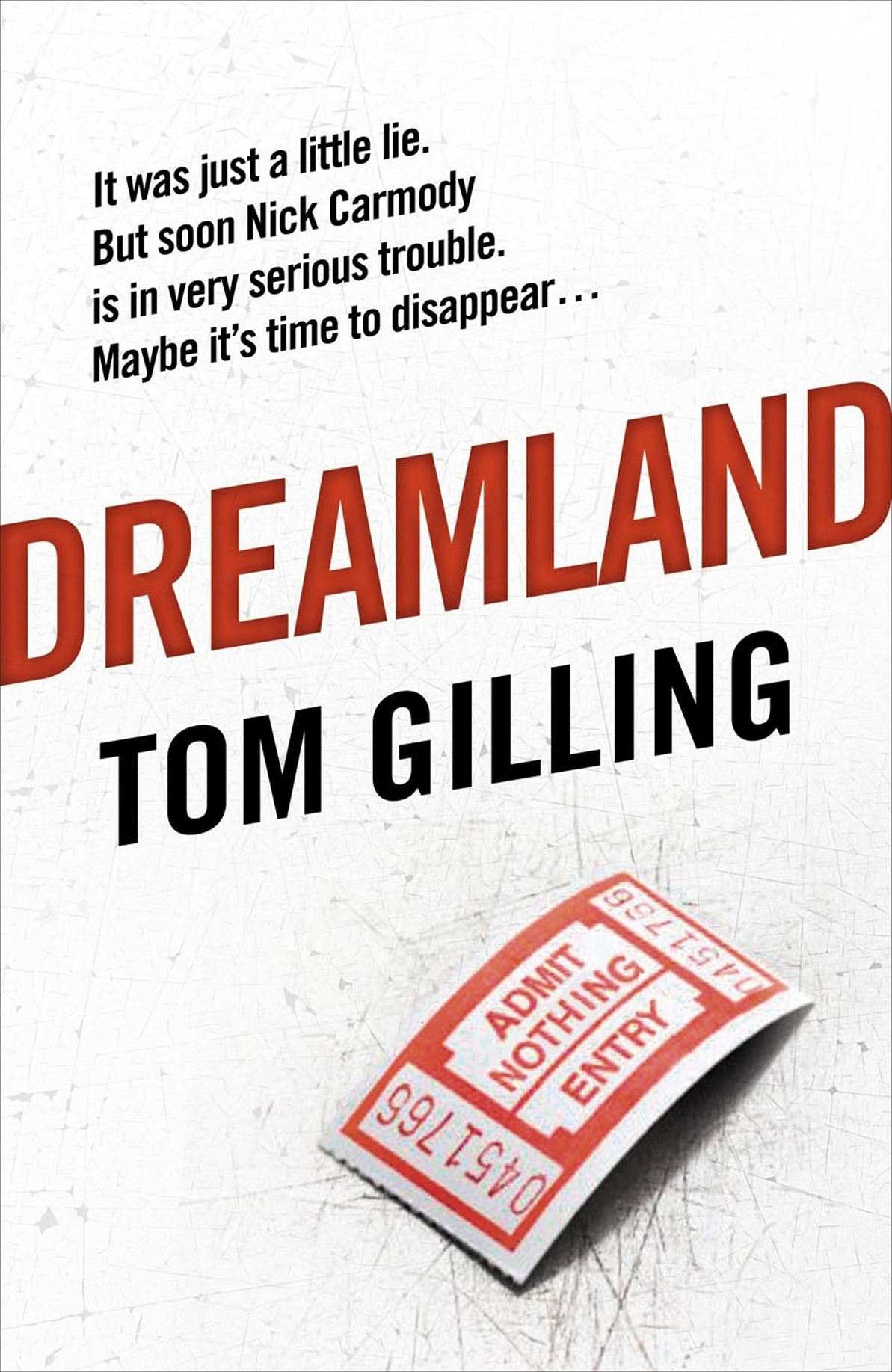Fiction
Stepping Out: A novel by Catherine Ray, translated by Julie Rose
Faced with the publication of her first novel, the narrator of Stepping Out has a terrifying thought. ‘I was about to be unmasked,’ she realises. ‘End of my double life. Everyone was about to dip into my world and find out what was really cooking there ... I felt like I’d placed a bomb and was waiting, under cover, for it to explode.’
... (read more)Sonya Hartnett is one of the most various of good writers. In particular, she is good at creating atmosphere: a distinctive world for every story. As a consequence, every book she writes is a different style of book. Take some recent examples. The Ghost’s Child (2007), with its plot like a fable, reads like an old tale told in an outdated language of ‘sou’westers’ and ‘fays’. Its form, language and style are so consistent its oddity seems like part of its simplicity. In contrast, Surrender (2005), a horror story, has a style of calculated Gothic, playing narrative games to manufacture menace.
... (read more)Travellers’ tales have long starred curious misfits eager to sample different ways of life in faraway places. In On the Road (1957), Jack Kerouac writes of fleeing his cultured, sedentary New York milieu for the company of the insatiable ‘Dean Moriaty’, who, rather than analysing the world from the sidelines, ‘just ra ...
Ten Little Fingers and Ten Little Toes by Mem Fox, illustrated by Helen Oxenbury & Enigma by Graeme Base
While the children’s picture book is a relatively recent literary phenomenon, most picture book authors still tap into the strong traditions of oral storytelling. Multi-award winning author Mem Fox is particularly good at this. Fox’s picture book texts are firmly grounded in the three R’s – the traditional rhythms, rhymes and repetitions found in children’s songs and verses throughout the ages. This, combined with Judy Horacek’s inspired illustrations, was what made Where is the Green Sheep? (2004) such a success.
... (read more)Just as God created the earth in seven days, Simmone Howell’s Everything Beautiful rebuilds the life of sixteen-year-old Riley Rose in a week spent at a Christian summer camp.
Two years after the death of her mother, Lilith (an allusion to Adam’s first wife), atheist Riley has become the quintessential bad girl – smoking, drinking and getting arrested. On the advice of her father’s new girlfriend, Riley is sentenced to a seven-day stint at the Spirit Ranch holiday camp, with nothing but a new hairstyle, a copy of Sir Thomas More’s Utopia (1516) and, courtesy of her best friend, a bus ticket home.
... (read more)In 2006, forty years after the publication of his first novel, Rappaport, which featured the comic misadventures of a Melbourne Jewish antique dealer, Morris Lurie was awarded the Patrick White Award. He is one of those remarkably durable Australian writers who have extended their careers into a fifth decade. Principally known as a short story writer, published widely in Australia, but also in the New Yorker, Punch and, appropriately, the Transatlantic Review, Lurie’s latest work is his first book of fiction since Seventeen Versions of Jewishness: Twenty Examples in 2001. From Hybrid Publications, To Light Attained is, in its formal essence and central moral issue, a novella, and a fine one.
... (read more)Bright comedians quickly learn that to explain a joke is to deprive it of its humour. If the gag doesn’t make an audience laugh without a laboured punchline, a good performer will swiftly modify her delivery for greater effect.
... (read more)In his début novel, Street Furniture (2004), Matt Howard displayed a certain droll, youthful touch that endeared him to readers and critics alike. Taking Off sees him continuing in the same vein, taking another twenty-something protagonist and pushing him into unfamiliar territory, to clever effect.
... (read more)Dreamland is the first foray into crime fiction of British-born writer Tom Gilling. His earlier novels, The Sooterkin (2000) and Miles McGinty (2001), were historically themed. His closest brush with the world of crime was Bagman, the posthumous memoir of the corrupt Queensland cop Jack Herbert, co-authored in 2004.
... (read more)Families: Modern Australian short stories edited by Barry Oakley
Barry Oakley, in his brief introduction to Families: Modern Australian Short Stories, tells us that the quality he was seeking in the fiction was ‘vitality’. This seems a rather broad filter: surely all good writing must possess vitality if it is going to hold the reader’s attention? Notwithstanding, many of the stories here are good, even excellent.
... (read more)

